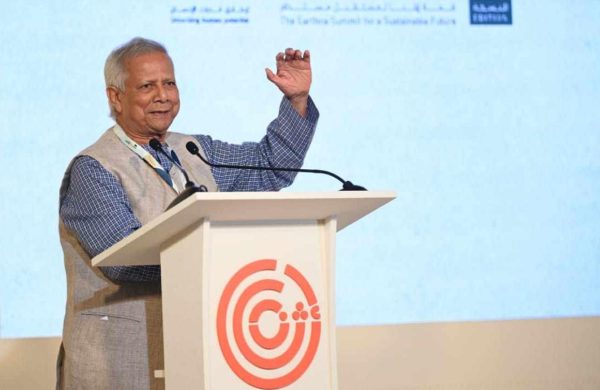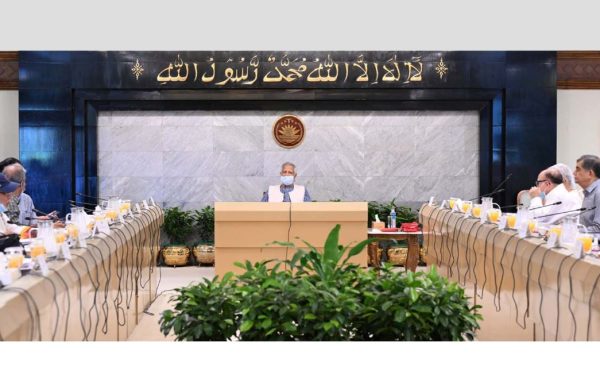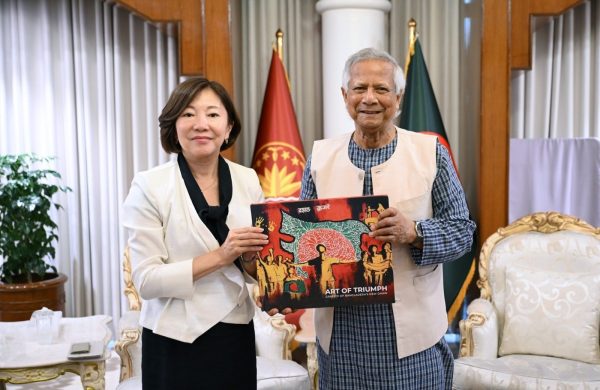World should not ignore Palestine, Rohingya crises: CA
- Update Time : Tuesday, April 22, 2025

TDS Desk:
Chief Adviser Professor Muhammad Yunus on Tuesday urged the global leaders not to forget Palestine and Rohingyas crises, saying the Palestinians are not expendable.
“The world must not ignore the humanitarian crises that affect people from Palestine to the Rohingyas in Bangladesh,” he said while delivering his keynote speech at Earthna Summit in Doha, Qatar.
The chief adviser said impunity and blatant disregard for human rights are threats to development anywhere in the world.
“The ongoing suffering in Palestine concerns not just a region, but all of humanity. Palestinians are not expendable,” he added.
Prof Yunus, also the 2006 Noble Peace Laureate, said the protracted crisis in Myanmar continues to threaten regional stability.
For years, he said Bangladesh has hosted over 1.2 million Rohingya refugees, bearing significant social, economic, and environmental costs.
The UN Secretary-General recently visited the camps in a gesture of solidarity, he said, adding that while global efforts continue, world leaders must come together to ensure the safe, sustainable and dignified repatriation of the Rohingya people to their homes in Myanmar.
The chief adviser said although the world dreams for a resilient, prosperous, and sustainable future for all, there are various threats that can derail the future development.
“We live in a time of profound uncertainty, where multilateralism is under serious threat, climate change is accelerating, geopolitical tensions are rising, and humanitarian crises are deepening,” he noted.
“Emerging norms, technologies, and governance models are rapidly reshaping our world, rendering many past assumptions obsolete. The urgency for renewed regional and global cooperation has never been greater,” he said.
The 2006 Nobel Peace Laureate said on Tuesday crisis prone world, wars and conflicts erode rights and disrupt economies.
Peace and stability are fundamental prerequisites for any meaningful and sustainable development, he said.
He highlighted that the climate crisis is also intensifying and the fact that funding for the global effort in this regard may dwindle in future.
Observing that climate change is an existential threat for all, Prof Yunus said: “However, we are still continuing to uphold self-destructive values. We have chosen a lifestyle that works against nature; one that thrives on limitless consumption.”
He said profit maximisation is treated like the force of gravity, propelling every element of the system toward unsustainable outcomes.
The safety of environment demands a new way of living which is based on the principles of zero net carbon emissions, zero wealth concentration through the creation of social businesses, and zero unemployment by becoming entrepreneurs,” the chief adviser said.
“This is how we will create a new civilisation that fosters sustainable development for everyone, everywhere,” he added.



















